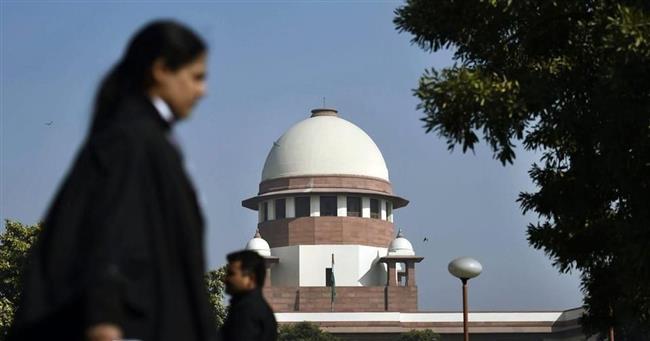
Representational pic
Srinagar, Aug 16: Senior Advocate Rajeev Dhavan argued in the Supreme Court that the Maharaja of Jammu and Kashmir retained internal sovereignty, and Article 370 served as a constitutional alternative to a standstill agreement.
While the Instrument of Accession resulted in the loss of external sovereignty to some extent, internal sovereignty remained intact. Dhavan emphasized India’s remarkable diversity and the constitution’s representation of various cultures and nations. He asserted that the Indian Constitution, including Jammu and Kashmir, was multi-symmetrical.
Dhavan contended that during President’s rule, Union Parliament could enact laws of the state legislature but couldn’t modify boundaries. He stressed that invoking Articles 3, 4, and 370 without the state legislature’s consent was unconstitutional. Dhavan highlighted the importance of preserving federalism and referred to recent Supreme Court decisions supporting this notion.
Subsequently, senior advocate Dushyant Dave argued that nullifying Article 370 amounted to a “fraud” on the Constitution. He expressed concerns that disintegrating states into Union Territories for political reasons could harm the nation’s stability. Dave pointed out that constitutional powers should not be wielded for political gains. He cited the 2019 ruling party manifesto, which mentioned abrogating Article 370, and argued that its removal threatened core democratic and federal principles.
The Supreme Court’s Constitution Bench, led by CJI DY Chandrachud and including Justices Sanjay Kishan Kaul, Sanjiv Khanna, B.R. Gavai, and Surya Kant, is hearing pleas challenging Article 370’s abrogation since August 02. The arguments will continue tomorrow.(KNS).
